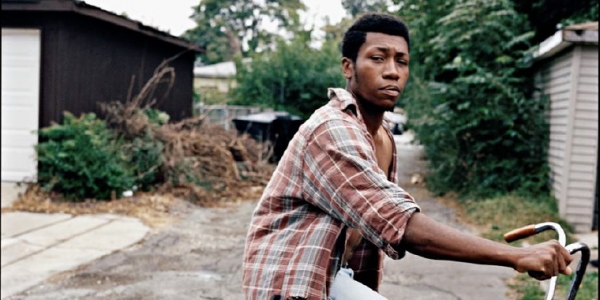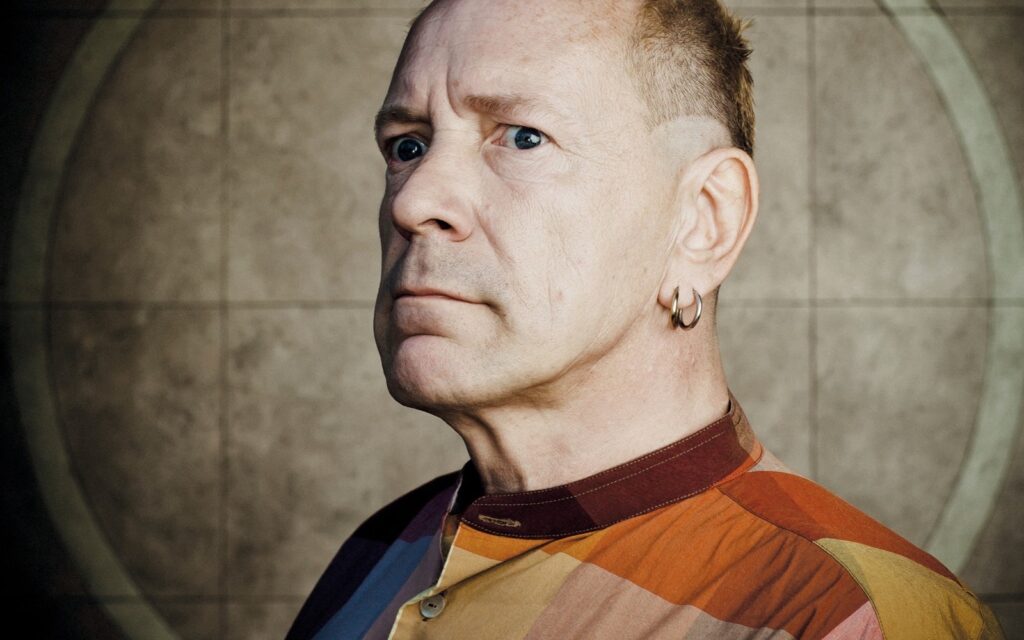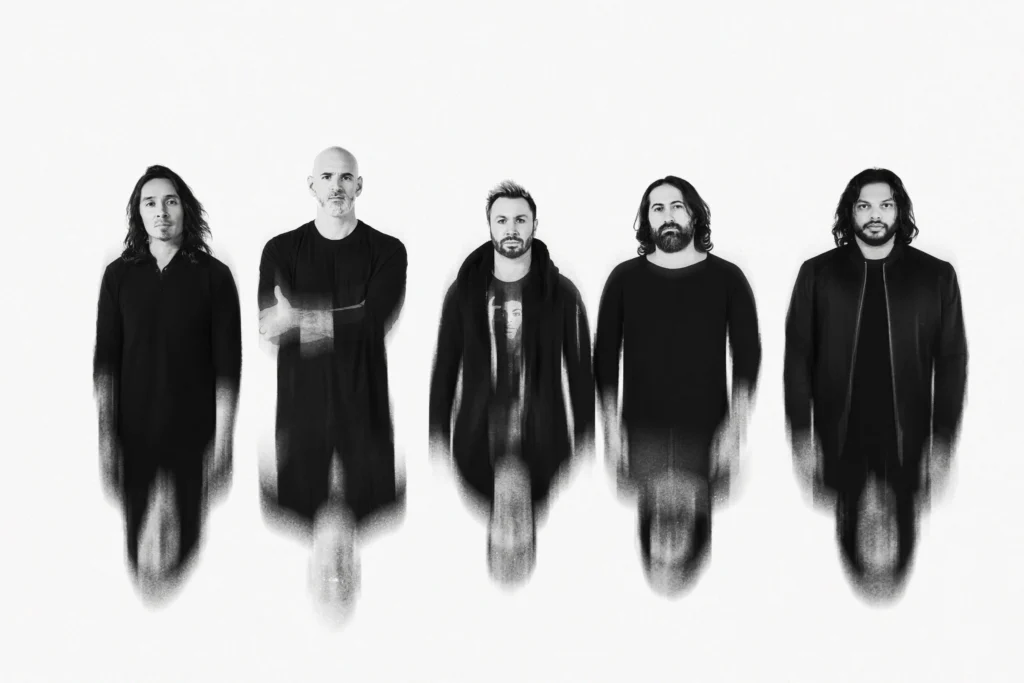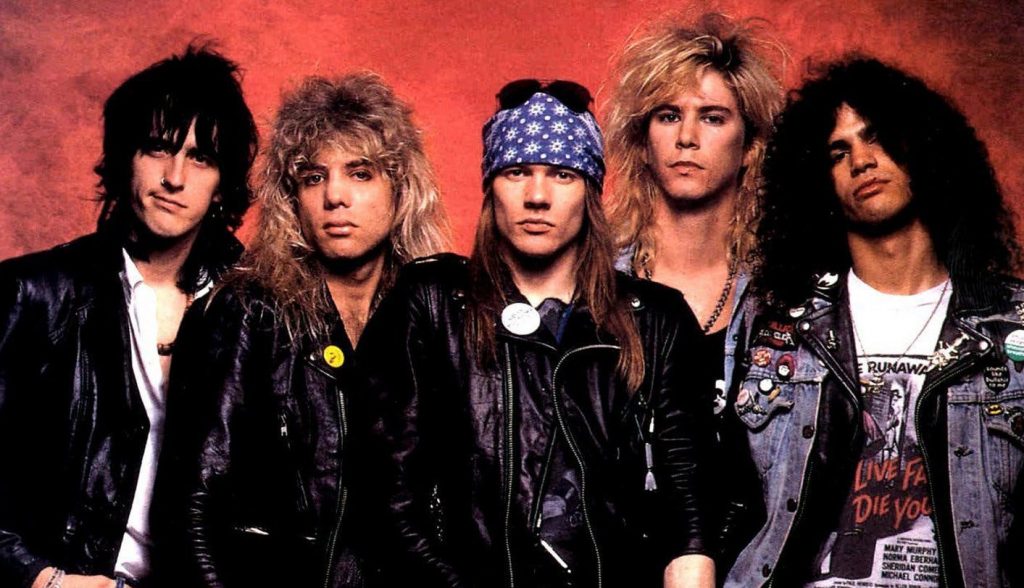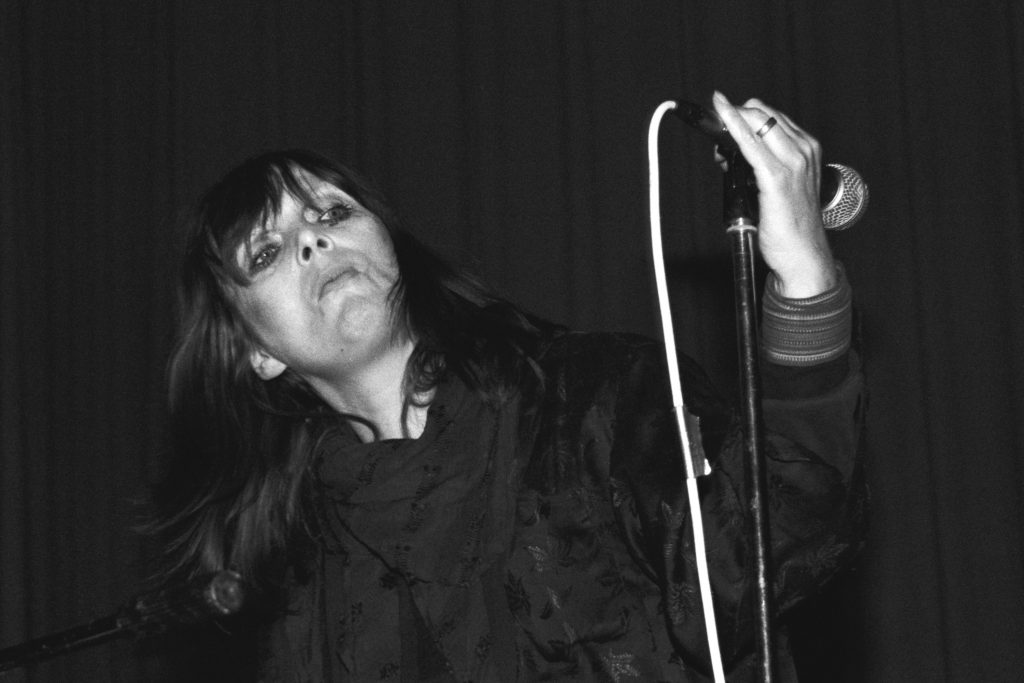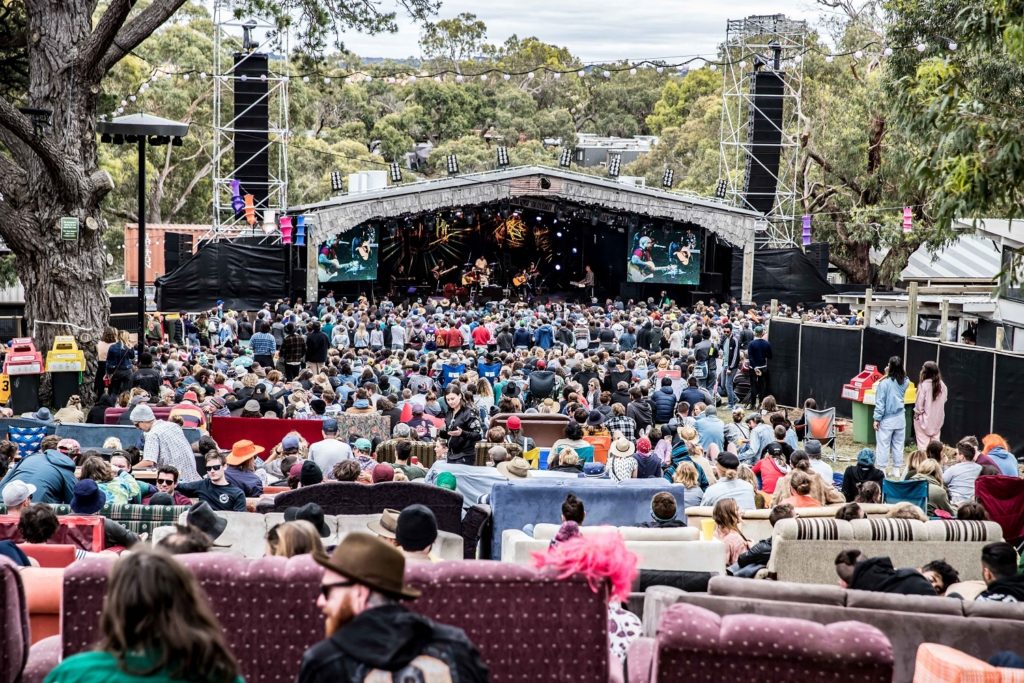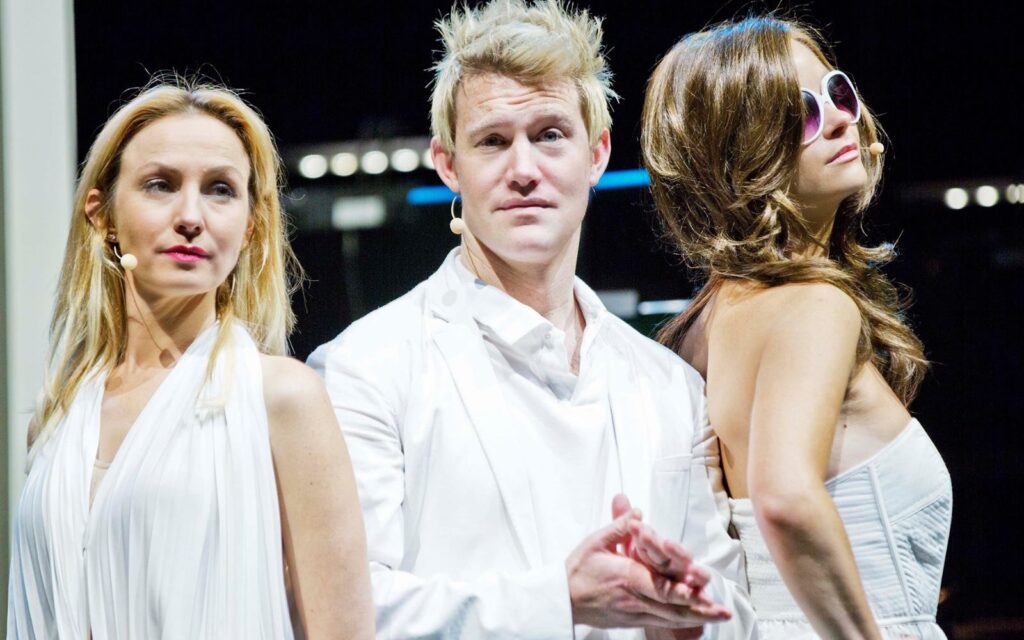Eventually Beal bought an acoustic guitar and a karaoke machine, and taught himself the rudiments of guitar. A self-penned advertisement – “I want some friends and stuff”, said the ad in a painfully honest tone – in his adopted hometown of Albuquerque brought the attention of a local arts magazine. One thing led to another, and Beal is now travelling the world, playing his idiosyncratic music to a global audience. “I’m not like a prodigy,” Beal says. “I just feel like I have to be heard. I had no resources previously, so in some ways I feel pretty illegitimate – I’m like a fish out of water.”
Beal had moved from Chicago to Albuquerque in the United States border state of New Mexico after seeing the state featured in a movie. “I saw New Mexico in a movie, Off the Map, and I wanted to enjoy that enchanted desolation I saw in the movie,” Beal says. Beal began to write songs, and gradually developed his musical craft, and, in between his work as a security guard, recorded the odd CD-R, which he left around town.
Never a social butterfly, and aware of his ‘otherness’, Beal saw his music as an opportunity to explore his sense of self. “I think I was always headed to this type of life and career, because I always felt I couldn’t relate to people,” Beal says. When Beal drew up an advertisement, and plastered it around Albuquerque, he didn’t feel much would come of it. Beal’s flyers eventually came to the attention of Davy Rothbart, editor of Found magazine, a publication dedicated to showcasing the music of unknown artists.
When one of Beal’s flyers appeared on the cover of Found magazine in January 2010 – complete with Beal’s phone number and a three page interview – Beal was amazed by the reaction. “I was very surprised,” he says. “I hadn’t realised that that magazine was so well known. And I was amazed that people wanted to call me. I have no affinity with the internet – when I look at myself on the internet now, I sometimes feel sick.”
In the relative flicker of an eye, Beal went from completely unknown to cult artist, while still preserving his position on the margins of society. “I wanted to be both a counter-cultural person. I also wanted to be an outside, but I wanted to meet people,” Beal says. Beal admits his music had a long way to go. “At the time my music was only skeletal,” he says. “My reality as a musician was a fantasy musician – it was only serious to me. At the time I was just a security officer, but these days I’m able to focus full-time on my music.”
With a fledgling musical career now in train, as well as increasingly regular forays into the visual arts and literature, Beal had the ideal vehicles to explore his existential feelings. “The common theme of my art is that I write about existential things,” Beal says. “I ponder what it’s like to be alive, and I ponder my personal feelings from someone who’s an outsider. It’s the same kind of struggle as Albert Camus – the outsider looking in.”
Beal says his music and poetry started out “as me being uncomfortable”; now, he says, it’s about him “trying to work that out”. “It’s to do with me being comfortable, not about art and music,” Beal says. On his website – to which Beal contributes ideas, but certainly doesn’t maintain directly – Beal writes: “I am nothing. Nothing is everything.” To Beal, the statement is part of his ongoing existentialist journey. In fact, you get the distinct impression the more exposure he receives, the greater the level of personal philosophical investigation. “A lot of people read that statement and automatically say ‘you’re something’,” Beal says. “But the reason for it is that everything I do is just a composite of everything else. I don’t really have anything to offer.”
But Beal isn’t being deliberately self-deprecating. “It’s kind of arrogant to be like that now, but you can’t really say anything original – the only original thought is no thought,” he muses. “I don’t want that to sound too bleak, but I’m trying to find the positive in that. Nothing pervades the entire music industry or the art industry.”
Notwithstanding his enigmatic sense of self, Beal has come a long way in the last few years. In five years’ time, Beal isn’t sure where he’ll be. “I believe words are powerful,” he says. “I think by then I’ll be a respected, and reclusive artistic and music person.”
BY PATRICK EMERY
